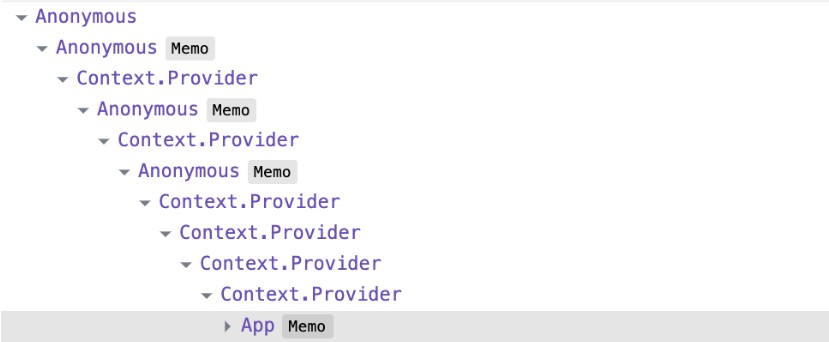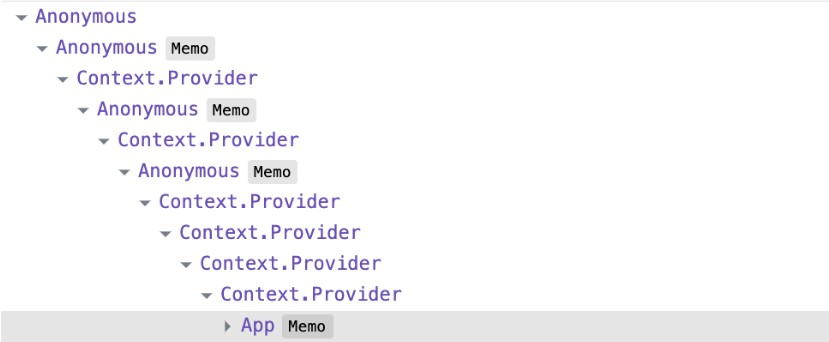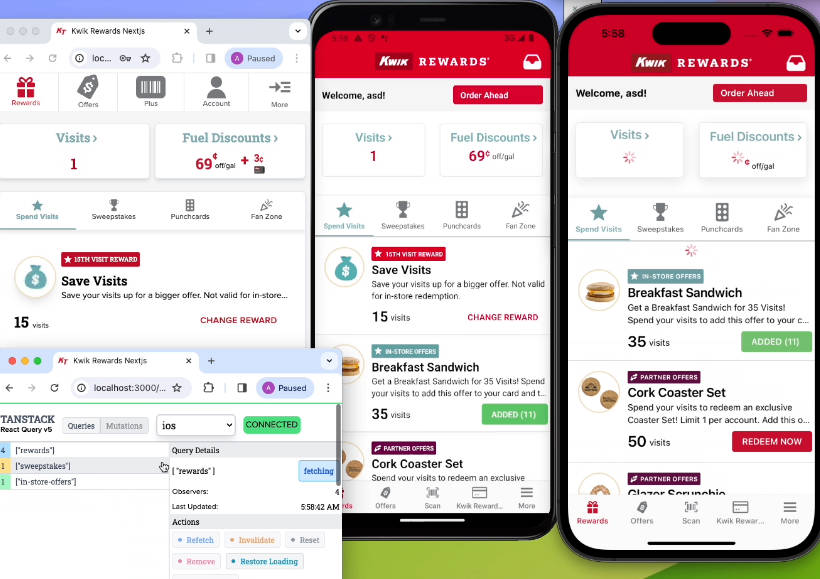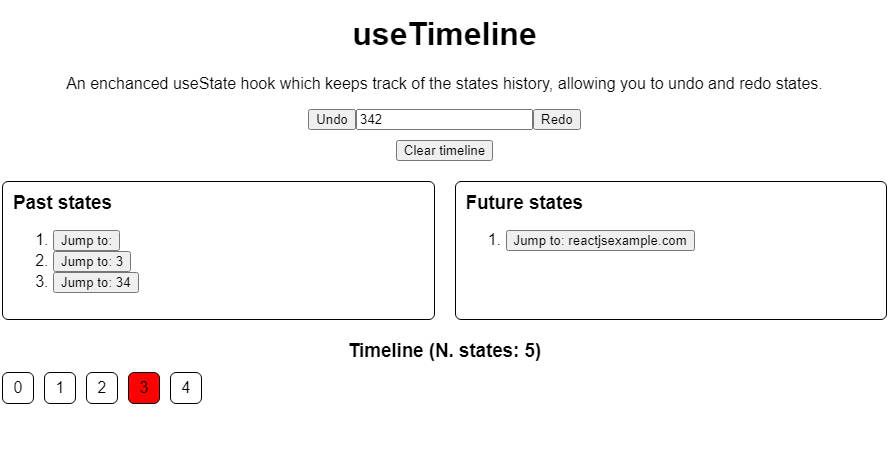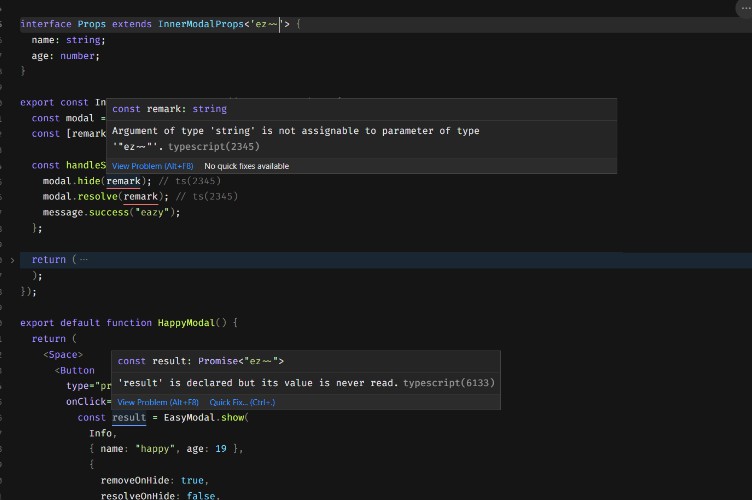Vuex - But for React!
If you know vuex, you know it's as close as we get to a perfect state management library. What if we could do this in the react world?
Installation
npm install vuex-but-for-react --save
yarn add vuex-but-for-react
TS support included ✨
Working example
store.js
const store = {
state: {
posts: []
},
mutations: {
POSTS_SET(state, data) {
state.posts = data
}
},
actions: {
async POSTS_FETCH(context) {
const response = await fetch('https://jsonplaceholder.typicode.com/posts')
const data = await response.json()
context.mutations.POSTS_SET(data)
}
},
getters: {
posts (state) {
return state.posts
}
}
}
index.js
import React from 'react';
import ReactDOM from 'react-dom';
import { withStore } from 'vuex-but-for-react';
import App from './App';
import store from './store';
const AppWithStore = withStore(App, store);
ReactDOM.render(
<AppWithStore />,
document.getElementById('root')
);
Posts.js
import React, { useEffect } from 'react';
import { useAction, useGetter } from 'vuex-but-for-react';
const Posts = () => {
const handleAction = useAction('POSTS_FETCH');
const posts = useGetter('posts');
useEffect(() => {
handleAction();
}, [handleAction]) // don't worry, it doesn't re-create!
return (
<ul>
{posts.map(post => <li key={post.id}>{post.title}</li>)}
</ul>
);
}
export default Posts
Check the examples section to see JavaScript and TypeScript working apps!
API
useAction(actionName)
An action is used for async data logic, especially API calls. You can dispatch mutations and other actions from within an action.
The function returned by the useAction() hook is never re-created.
import { useAction } from 'vuex-but-for-react';
const PostsPage = () => {
const handleFetch = useAction('POSTS_FETCH');
useEffect(() => {
handleFetch();
}, [handleFetch])
return (
...
)
}
useMutation(actionName)
A mutation is used for sync data operations. It has access to the current state in order to alter it.
The function returned by the useMutation() hook is never re-created.
import { useMutation } from 'vuex-but-for-react';
const Counter = () => {
const handleIncrement = useMutation('COUNTER_INCREMENT');
const handleDecrement = useMutation('COUNTER_DECREMENT');
return (
<>
<button onClick={handleDecrement}>-</button>
<button onClick={handleIncrement}>+</button>
</>
)
}
useGetter(actionName)
A getter gives you the current stored value based on your config. It has access to the current state.
The data returned by the useGetter() hook is updated only in case the shallow value changes.
An update of one getter value won't trigger the update of another getter value.
import { useGetter } from 'vuex-but-for-react';
const PostsPage = () => {
const posts = useGetter('posts');
return (
<ul>
{posts.map(post => (
<li key={post.id}>{post.title}</li>
))}
</ul>
)
}
withStore(Component, config)
In order to initialize the global store, wrap your (chosen) root component in your store config.
import { withStore } from 'vuex-but-for-react';
const AppWithStore = withStore(App, store);
And more amazing stuff!
useActionOnMount(actionName)
Avoid calling useEffect manually. Just pass the action name and it will be executed on component mount automatically.
import { useActionOnMount, useGetter } from 'vuex-but-for-react';
const PostsPage = () => {
useActionOnMount('POSTS_FETCH');
const posts = useGetter('posts');
return (
...
)
}
What's going on?
This library uses React's Context API under the hood. The withStore() higher order component is creating several contexts:
- A context provider for actions, wrapped in a
memo()to prevent re-creating - A context provider for mutations, wrapped in a
memo()to prevent re-creating - A context provider for a collection of getter contexts, wrapped in a
memo()to prevent re-creating - Dynamically created context (and provider) for each one of your getters. This allows us using
useGetter()inside a component, which always attaches to its own context. It's an alternative solution to a single-state object context.
Updating a getter's provider value will not affect other getters' provider value. - Under those contexts, there's the provided
Appcomponent, wrapped in amemo()to prevent re-creating. Even if the parent context providers change value, App won't re-render and neither will its children, unless they're connected to the getter that was changed.
